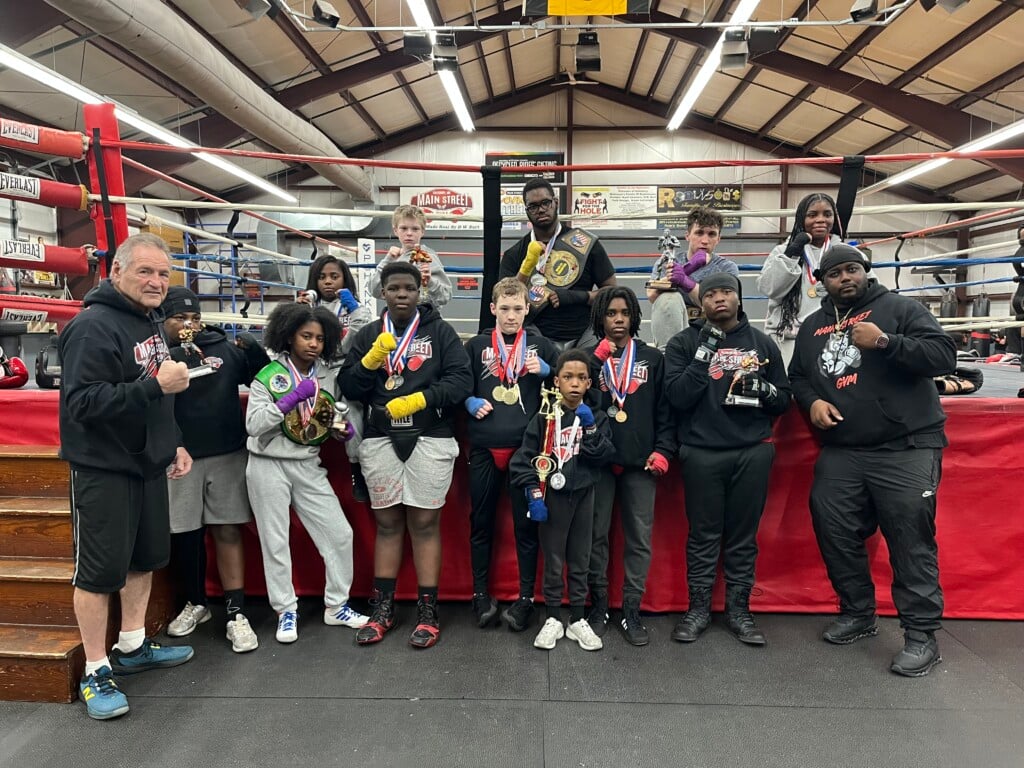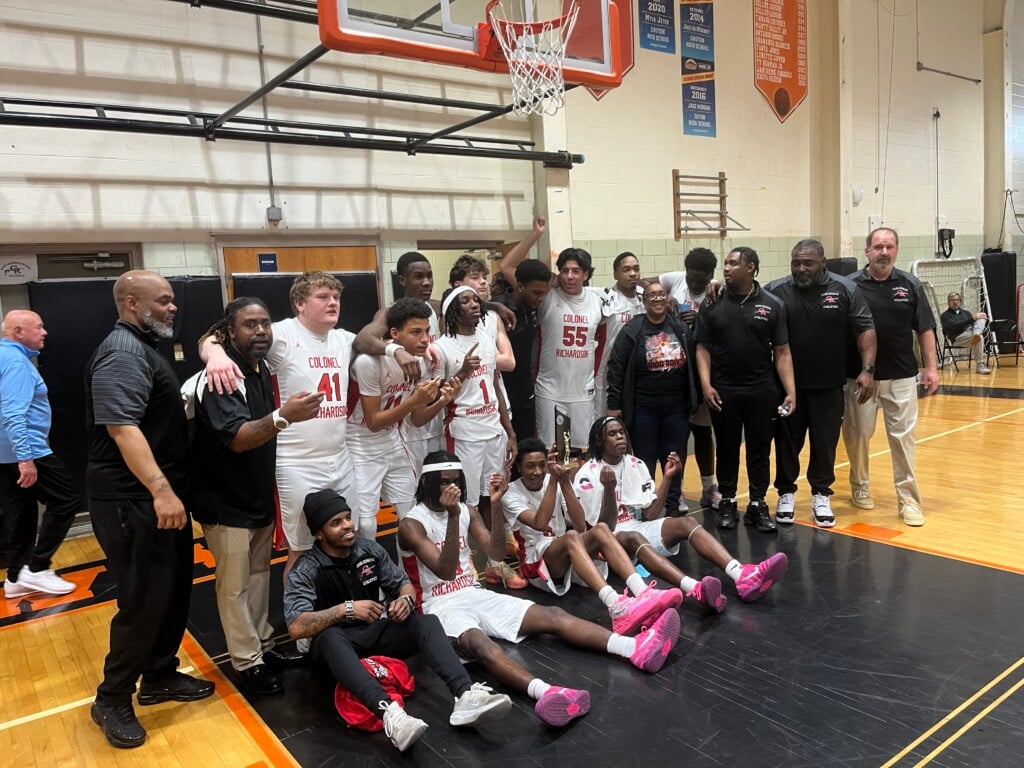Delmarva’s professionals speak on the importance of The CROWN Act
DELMARVA – Today marks the 6th anniversary of the CROWN Act being signed into law, and CROWN is an acronym for Creating a Respectful and Open World for Natural Hair.
Whether it’s an Afro, locs, or braids, individuals with hairstyles like mine are routinely deprived of educational and employment opportunities as stated in The CROWN Act. Local educators, political leaders, and community members across Delmarva to describe what they think the root of the problem is.
Dawn Lott is a Math Professor at Delaware State University. She has had loc’s for the past 16 years, and says the CROWN act is intended to protect us, but for so many years we had no seat, so we had no say. “Unfortunately, African Americans were not at the table when corporate America became corporate America and defined what professional looks like… For corporate America, they have now because of The Crown Act, have to accept and I won’t necessarily say respect, but they have to accept and not discriminate against people and not discriminate against people, particularly African- Americans, because of how they wear their hair.
Speaking of Corporate America, Salisbury City Council President D’Shawn Doughty, who has loc’s, says that most black men have had to conform, even if they don’t want to. “I was working in corporate America, I had the clean-cut, limited facial hair myself, and then through the movement, BLM and 2020, I said I’m going to grow my hair out… When I go to speak to young kids I tell them, ‘You don’t have to look how they want you to look, you can look how you want to look.”
Middle school teacher Darrius Tillman says young minds are impressionable. He has twists, which are often mistaken for locs, and says that he wears his hair proudly and hopes it will encourage his students. “I believe that it’s important that all children see versions of themselves in all of us… Hair is just that, a self-expression of one’s elf or one’s culture. Outside of that, I don’t think it has anything to do with whether or not you’re capable or able.”
“We don’t wash our hair every single day, we can’t,” says Dawn, and Owner of Divine Inspirations Cheryll Wallace agrees. She says despite all the information out there, some people believe that African hairstyles can be unclean or unkempt, and she’s here to set the record straight. “We as African Americans, we don’t have as much oil in our hair, so we don’t, it would be more harmful for us to shampoo our hair every single day.”
Our hair comes in many forms and most people need to be educated according to Cheryll. This, unfortunately, was the case for one of her clients when she had an unfortunate experience at work. “I had a client come in, she is Black, and when she got hired, everything was cool, but when she went to work the next day, they don’t her that she couldn’t come back because she need to change her hair color to the color it’s supposed to be, not realizing she’s a blond.”
She also tells us that many people don’t use the right terminology, such as using the word nappy instead of curly, or the more commonly used term to describe locs. “Our hair is not ‘dreads’ because that was the name that was given because they said that we look dreadful, but it’s actually called locs… If you don’t know that thing has been passed, then you will allow whatever business or profession that you’re in, tell you how to wear your hair, and it’s not fair.”
According to a 2023 study from Dove – more than 20 percent of Black women ages 25 to 34 have been sent home from work because of their hair. The CROWN Act has been signed in Virginia, Maryland, and Delaware. Other states have similar legislation, but experts say the country as a whole still has a long way to go. They all agree that this is a deeper conversation and it not just about hair but it has a historical context to it and that we should continue to have discussion until all hairstyles are deemed professional.


